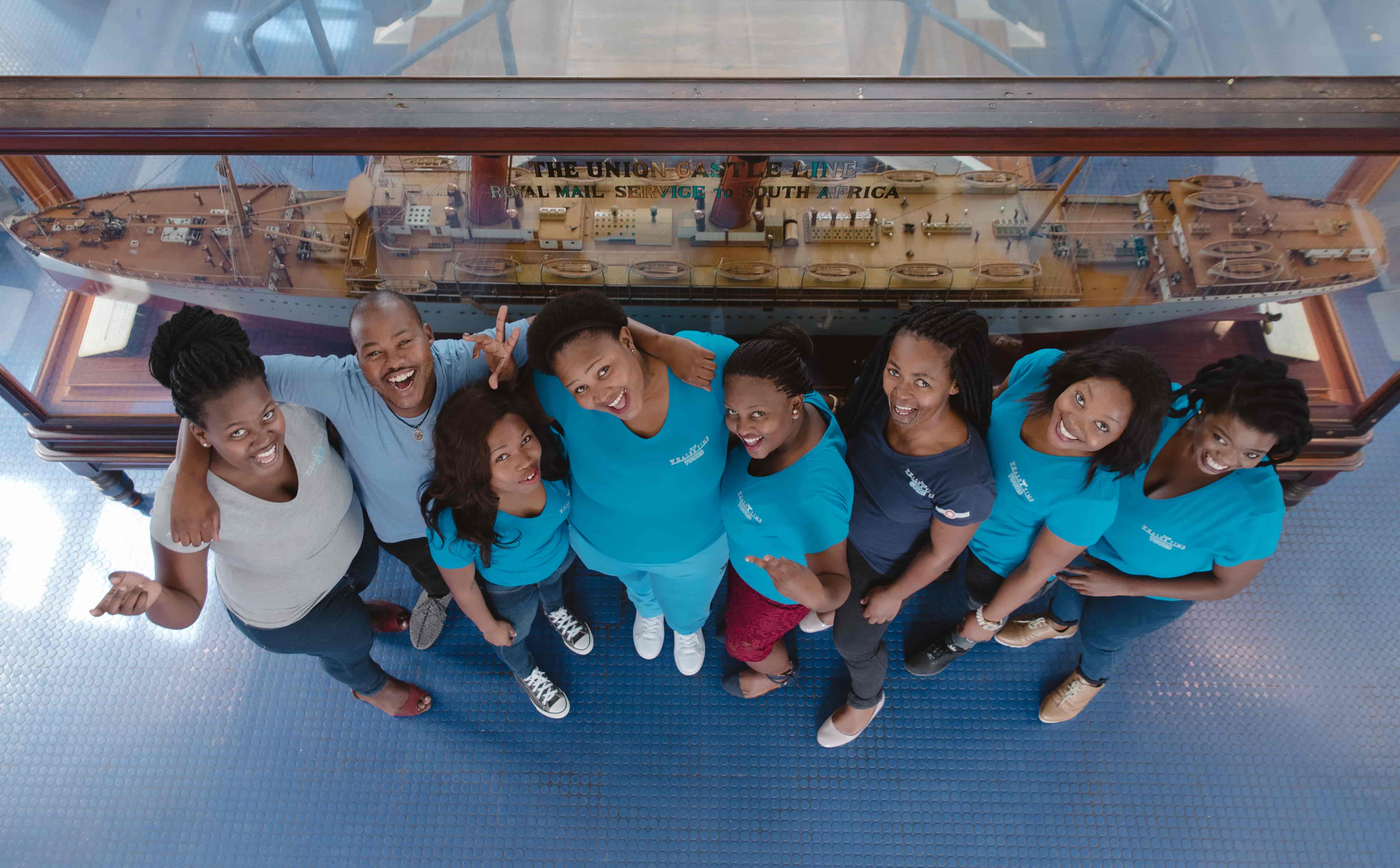As we are drawing the international community’s attention to investment opportunities in our country, we observed that our planet’s oceans are trending – but not in a good, “hot spot for holidays” way. There are raging debates over everything from plastic particles in the fish we catch and eat to the degradation and pollution of the oceans that cover more than 70 percent of our planet’s surface.
Many companies realise that direct funding is required to help protect this precious natural resource. But with a problem this vast and diverse, some feel, shall we say, rather at sea. Where do they start? Having already steered this course, we can offer some pointers.
Initially, growing custodianship of the ocean as one of our major social responsibility strands, emerged as an authentic connection to our own company heritage. Our corporate forebears merged entrepreneurship and the potential of ocean trade more than a century ago. Though Grindrod Shipping was spun off into a separate JSE listing earlier this year, Grindrod Bank is still headquartered in Durban, Africa’s biggest port.
We realised that we are ideally placed to support certain threads of the Phakisa Oceans Economy plan. This plan estimated that South Africa’s increased use of this little tapped resource has the potential to contribute up to R177 billion to GDP and create more than 1 million jobs by 2033.
We saw potential for us to give support to focus areas such as marine protection, research and tourism. But as pragmatic business people, we knew that authenticity, enthusiasm and good intentions were still not enough.
To ensure well-targeted and well-managed application of inputs, we partnered with WildTrust™, a leading South African environmental NPO. In 2015, we jointly founded ‘The Blue Fund’. Knowing that the issues we wanted to tackle were far too big for just the two of us to have much impact, we have since succeeded in attracting various other partners – and, indeed, would welcome more.
A crucial factor in the appeal of WildTrust™ for us was the way they foster human-environment nexus. Under their WildOceans banner, for example, the Ocean Stewards project supports the development of marine biology skills by offering everything from bursaries for tertiary studies to facilitating ocean research trips.
The international focus on the oceans and its very special creatures has helped boost the popularity of whale watching across the globe. The focus in South Africa has tended to be in the Western Cape. But the reality of the long whale migration up from their Antarctic feeding grounds to the Cape coast and north around our coast, usually in June and July, to breeding grounds in Mozambique and Madagascar, is now becoming better known. At this time of year, the adults are returning south with their calves, with whales being seen off the KZN coasts often as late as the year-end.
While the whale tourism market has been well developed in the Western Cape in recent years, from events such as the Hermanus Whale Festival to small businesses providing whale tours, this ecotourism opportunity has been largely overlooked in KZN.
The WildOceans WhaleTime initiative, though, is helping to change that. It trains and upskills whale-tour guides from disadvantaged communities through both land and boat-based training. They spend time at the Port Natal Maritime Museum, as well as studying through the KZN Coastal College. Those who wish to stay for a second year of capacity building are given the opportunity of completing the three-month intensive Level 2 CATTHSETA tour guide accreditation programme at the SA Association for Marine and Biological Research.
Commenting on this, CEO of SA Tourism, Mr Sisa Ntshona, said something which we agree with: “This is a great initiative. It will go a long way into growing our tourism offerings, particularly for the KZN region. It is an innovative cross-sectoral approach that creates direct economic opportunities. It also responds to the National Tourism Sector Strategy in the National Development Plan 2030 for creating sustainable employment and inclusive economic growth through tourism. We look forward to working closely with all stakeholders to ensure that there is maximum support for this initiative”.
WhaleTime has founded a ‘Welcoming of the Whales Festival’ on the Bluff, Durban. Appropriately enough, in April 2018, this area became Africa’s first candidate Whale Heritage Site. It is envisaged that the site of Durban’s historic old whaling station will be central to developing this area into a signature eco-tourism enterprise with a strong conservation message. This 180-degree shift to sustainable utilisation through tourism is appropriately aligned with global shifts in attitude from exploiting to safeguarding our environment. By funding such initiatives, we are all contributing towards growing tourism, creating sustainable jobs and economic growth.
By David Polkinghorne, MD Grindrod Financial Services

